Endometriosis is a condition that affects over 830,000 Australians. As part of Flo-To Week, we've reached out to a team of Endo Experts to create a guide on the condition that affects “1 in 9 women, girls, and those who identify as gender diverse,” according to Endometriosis Australia. Go! Read! Now!
What Is Endometriosis?
“Endometriosis is present when the tissue that is similar to the lining of the uterus (womb) occurs outside this layer and causes pain and/or infertility (trouble becoming pregnant),” says Alexis Wolfe, CEO of Endometriosis Australia.
And while endometriosis is very prevalent, Endometriosis Australia reports that diagnosis takes on average 6.5 years as a result of the challenging nature of diagnosis. “There is no simple blood test to diagnose endometriosis. Individuals must undergo a surgery (laparoscopy) for a tissue sample (biopsy) to be taken and tested,” explains Wolfe.
What Are The Most Common Symptoms Of Endometriosis?
The principal symptom, and the one that is most commonly spoken about, according to Endometriosis Australia is “chronic, severe and often debilitating pain, general ill health, and infertility”. But the symptoms of Endometriosis don’t stop there.
Other symptoms caused by endometriosis include:
- Painful periods.
- Fatigue.
- Pain that stops you on or around your period.
- Pain on or around ovulation.
- Pain during or after sex.
- Pain with bowel movements.
- Pain when you urinate.
- Pain in your pelvic region, lower back or legs.
- Having trouble holding on when you have a full bladder or having to go frequently.
- Heavy bleeding or irregular bleeding.
It’s important to note that those with endometriosis will experience those symptoms to varying degrees. “Endometriosis is quite a unique condition in that the severity of symptoms experienced by a woman does not necessarily correspond with severity of disease that is seen at the time of surgery,” explains Gynaecologist Dr. Amy Goh. This means that it’s possible to have very severe symptoms and a small amount of endometriosis to be encountered during surgery, and vice versa.
How Does Endometriosis Impact The Skin?
The amount of stress that comes with a chronic inflammatory condition such as endometriosis can present in many different ways, including with changes to your skin. “Skin issues/texture can certainly change but perhaps more so in areas other than the face,” says Wolfe. Noting that each will be unique to each individual and their circumstances.
Changes in skin texture and colouring are both possible “depending on hormonal fluctuations, stress or pain,” says Jessica Taylor, President of QENDO. This could mean that redness, acne (typically along the jawline), dryness, or pigmented skin are all things that people with endometriosis could encounter.
And these changes in skin texture aren’t limited to the face. “More commonly, what we do see is those with endometriosis experiencing dryness and irritation of the skin around their stomach/pelvis/lower back regions,” explains Wolfe. Occurring as a result of the heat from hot water bottles and heat packs (which are commonly used by those with endometriosis to assist with pain management). Keeping a close eye on the temperature and wrapping the heat pack in a tea towel to avoid direct contact with skin will assist with this dryness. As will keeping the area well-moisturised.
“There is evidence to suggest that women with endometriosis have a higher risk of also having conditions involving the immune system,” says Dr. Amy Goh. “This includes conditions ranging from eczema and allergies, to diseases like rheumatoid arthritis which can also affect the skin.” Adding that some people can also experience melasma as a result of the oral contraceptive pill, which is often used to manage endometriosis.
How To Manage Skin Issues Caused By Endometriosis
Be it increased redness or breakouts, or taking care of your scars post surgery, there are a few things people with Endometriosis can be doing to care for their skin. (In addition to seeking specific guidance from their doctors/dermatologists, of course.)
“Going back to basics is also really important when caring for skin,” advises Dr. Amy Goh. Focus on the core things such as applying sunscreen daily, ensuring you stay well-hydrated, getting plenty of sleep, and finding skincare products that are made for your skin type. Dr. Goh also advises that the oral contraceptive pill can assist in improving skin texture. Noting that finding this can be a case of trial-and-error so it’s super important to chat this through with your doctor.
Gentle skincare for the skin and body are ideal, according to Dermatologist Dr. Katherine Armour, given the “propensity to eczema and skin inflammation.” Eczema sufferers should reach out to GPs or dermatologists to discuss treatment options which may include topical steroids, calcineurin inhibitors (a non-cortisone anti-inflammatory), or occasionally in the more severe cases, phototherapy, says Dr. Armour.
“It’s recommended to avoid direct sun exposure to scars while healing,” shares Wolfe. “Patients should also consult with their doctor to confirm if and when it is safe to massage the scars after the wounds have healed.”
How To Treat The Other Symptoms Of Endometriosis
There is no known cure or cause for endometriosis, but “medical, surgical, physiotherapy and complementary health services are all used to improve the lives of those with this disease,” says Wolfe.
Hormonal therapy (the contraceptive pill) combined with over-the-counter pain relief (paracetamol and ibuprofen) are both commonly used to manage endometriosis, says Dr. Amy Goh. Surgery may also be required in some cases in order to remove the endometriosis cells and scarring “before continuing with hormonal therapy to suppress any potential regrowth of endometriosis”, she notes.
Speaking to a doctor is always the best course of action as they will be able to discuss your options and find what will work best to manage the symptoms of your endometriosis ongoing. “In some cases, working with a multidisciplinary team that includes gynaecologists, doctors for chronic pain, and physiotherapists is required,” says Dr. Amy Goh.
Looking after your mental health is also incredibly important. “For a person with endometriosis, at many times it can feel as if their body is fighting against them,” says Wolfe. “EndoWarriors should work to create a little compassion for themselves and their bodies.” Anecdotal recommendations that could be of some benefit include having a warm bath, making a cup of tea, or doing some light stretching and movement, or moisturising your skin which “may assist to make their body feel good on the days when they need it most.”
Always reach out to a gynaecologist, doctor, health professional as they can provide you with personalised advice for managing Endometriosis.


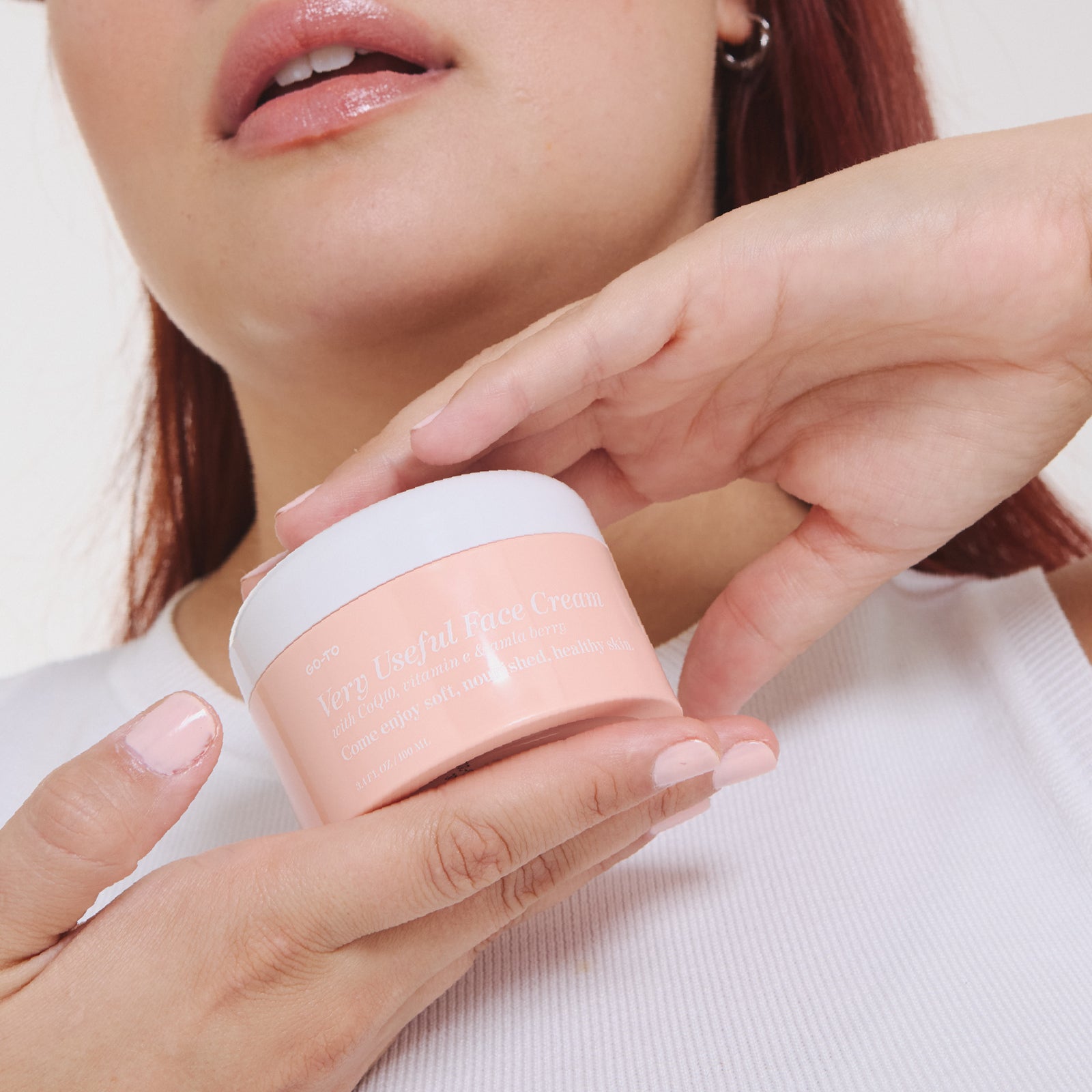



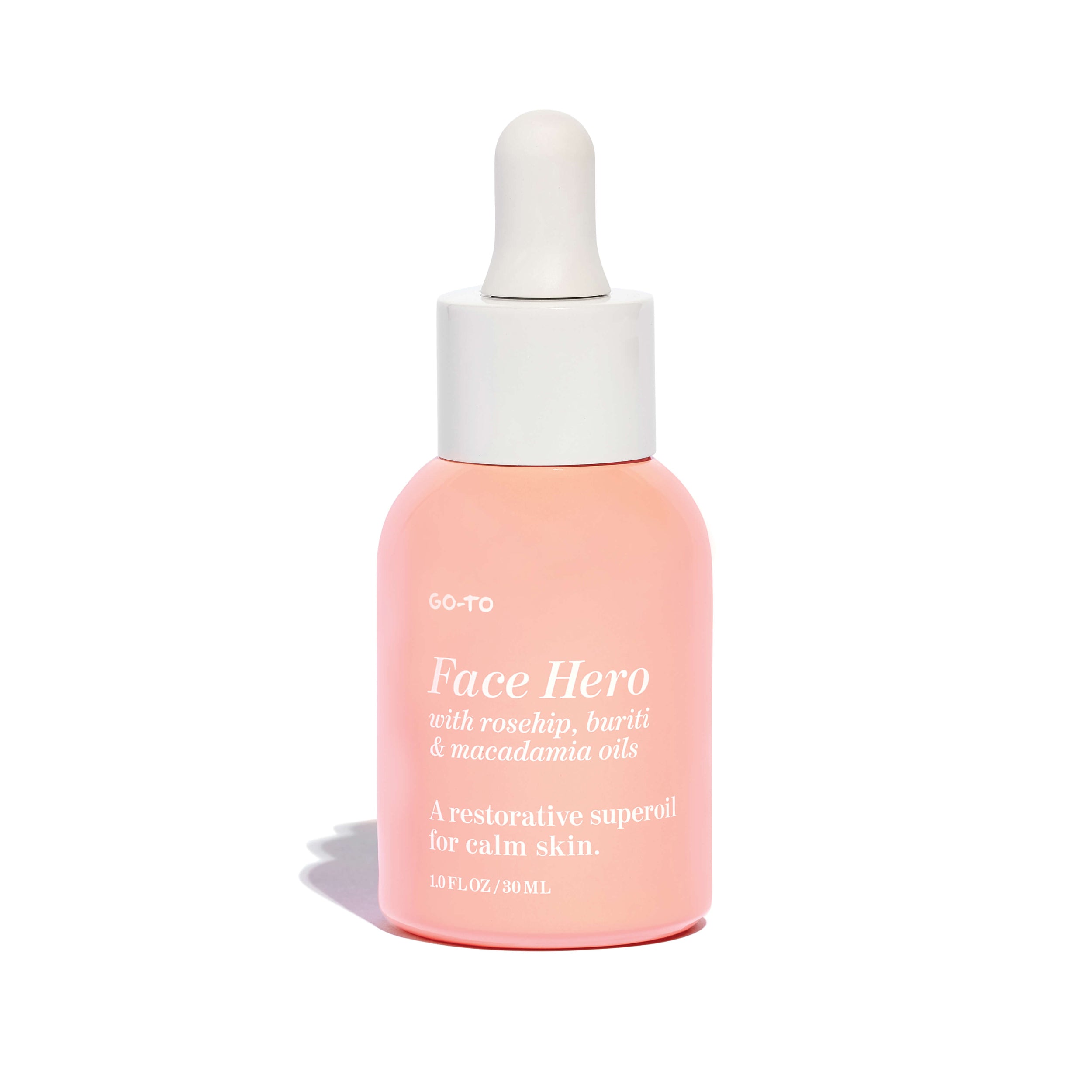

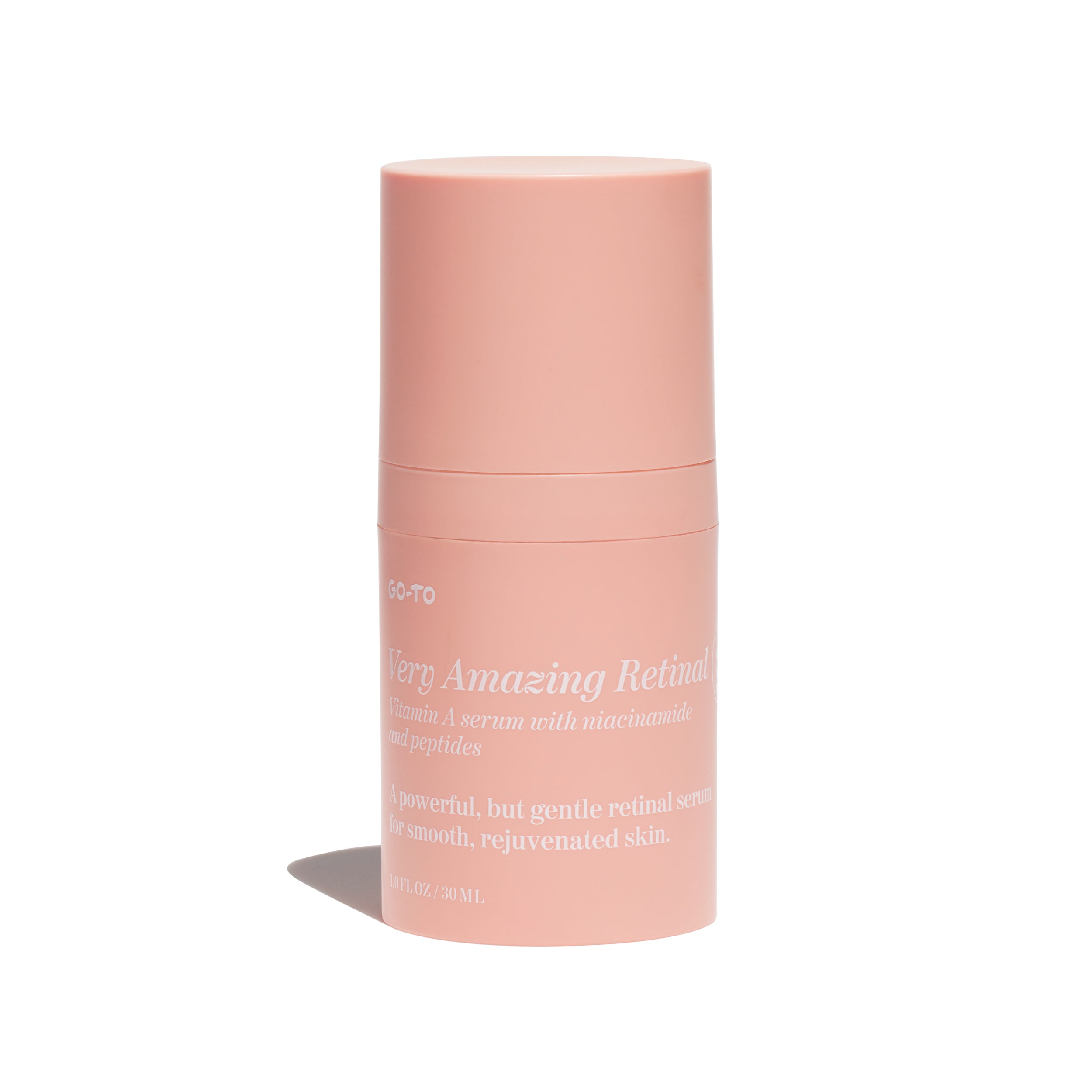
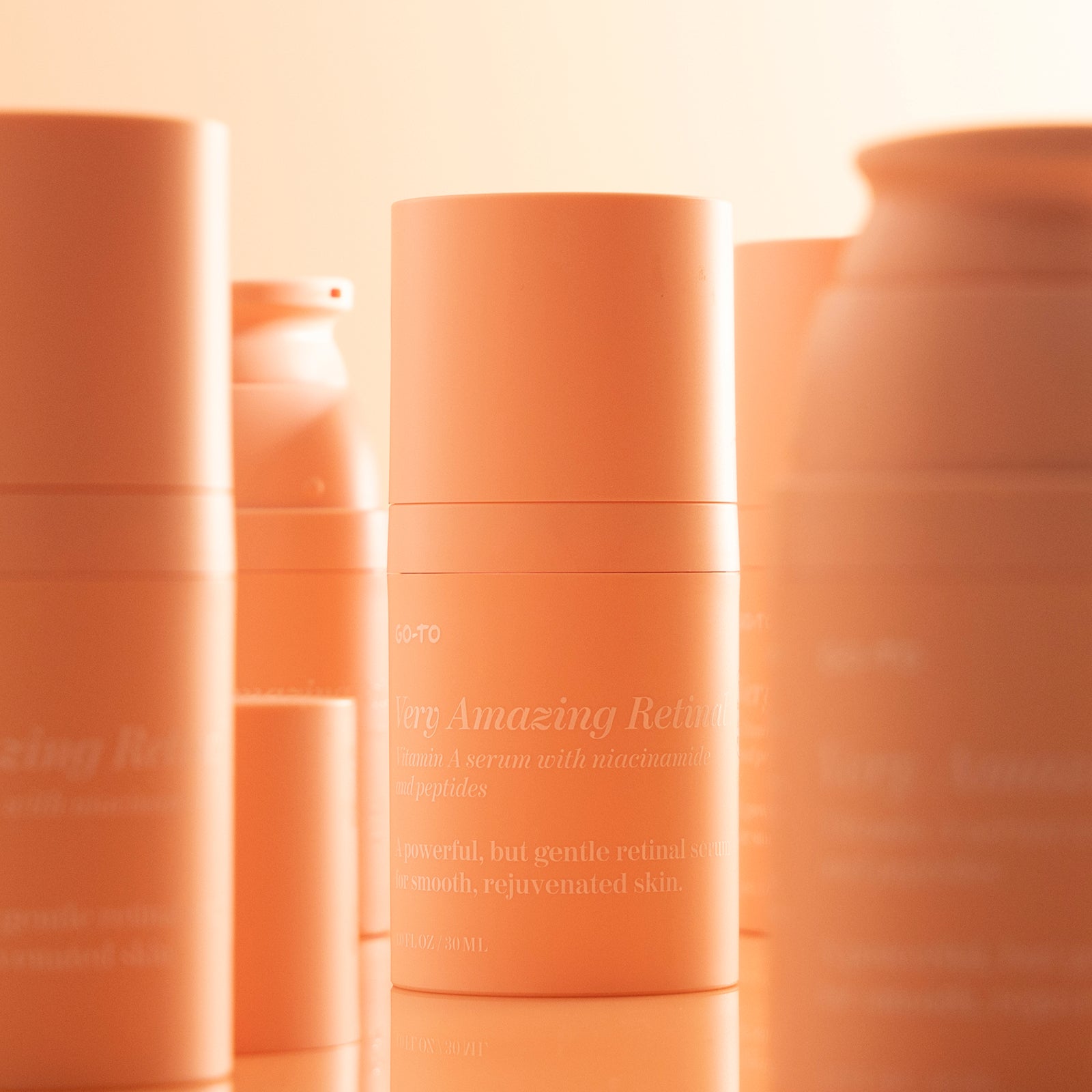

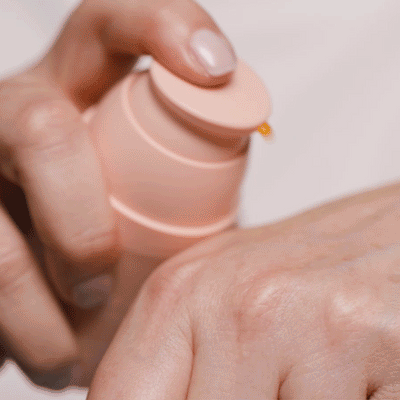
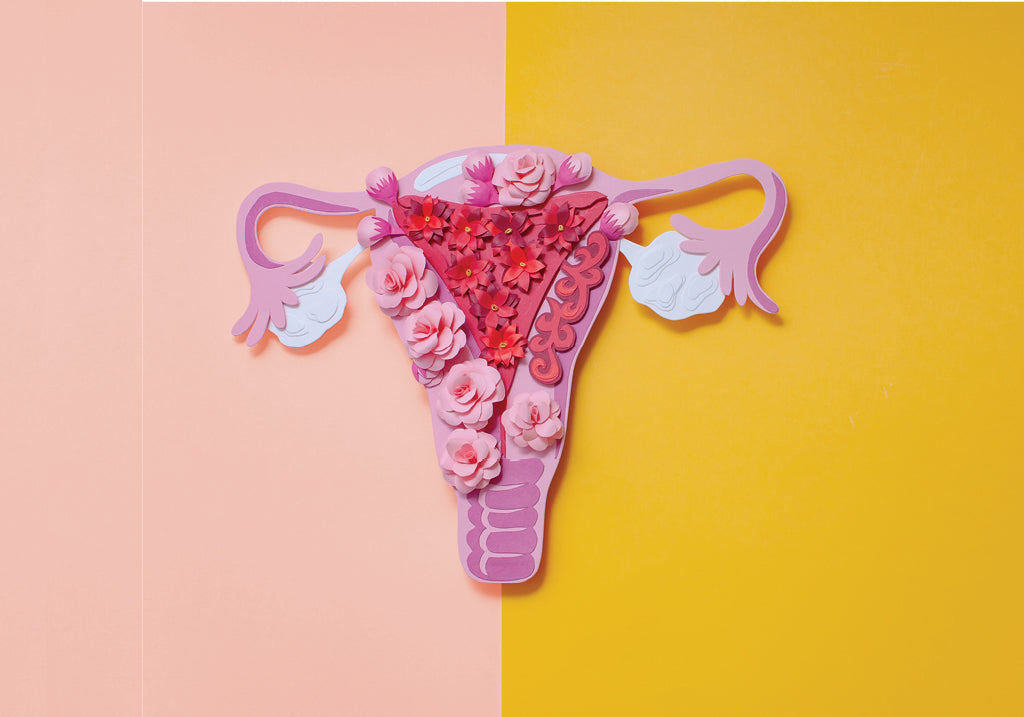



Comments